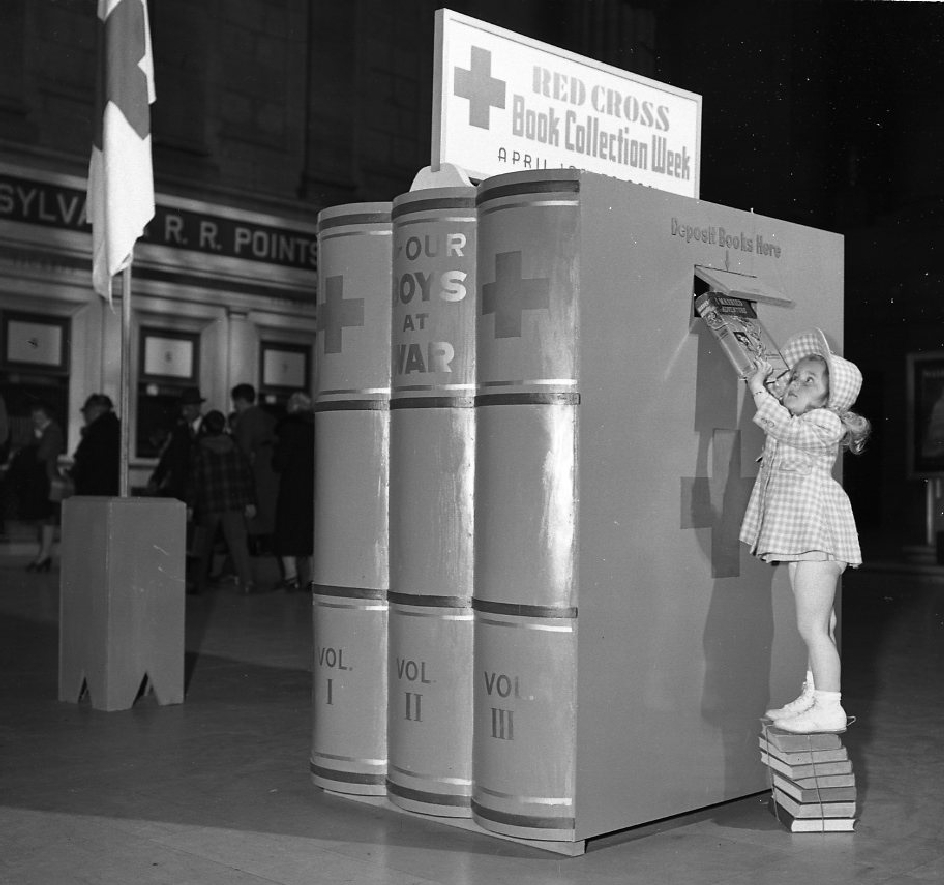When Books Went to War (20 page)
Read When Books Went to War Online
Authors: Molly Guptill Manning

Before Congress took any action, the situation only became worse for Senator Taft. A group of well-respected journalists who covered the July 20 meeting had overheard Taft state that 75 percent of the servicemen would vote for Roosevelt if given a chance, and that he was opposed to soldier voting because those serving overseas “were out of touch with the country, lacking knowledge of issues and candidates, and would quite naturally vote for their Commander-in-Chief.” The journalists who heard these comments published them. As word spread, Taft's colleagues began to distance themselves from him. For example, Illinois senator Scott Lucas said: “Senator Taft apparently does not yet realize that this is a global war and that our men fighting and flying all over the world may have a better idea than we at home as to what the true issues for America will be in the 1944 election.”
The Army continued to publicize the asinine consequences of Title V. On August 9, news broke that even more censorship was in store for the soldiers when the War Department announced that servicemen were barred from viewing the movie
Wilson
, a biography of the late president, and the film
Heavenly Days
, a comedy about a couple who visit Washington, D.C., starring the popular radio duo Fibber McGee and Molly (a film so anodyne, it has been long forgotten). The War Department also confirmed the rumor that all British newspapers were banned from circulation to American troops because these papers would undoubtedly take sides in the election. Two days later, the Army hammered the final nail into Title V's coffin when it announced that it was forced to prohibit the sale and distribution of the
Official Guide to the Army Air Force
because it contained a picture of President Roosevelt labeled commander in chief.
This was an Army that knew how to win wars at home. Congress had little choice but to act immediately.
By August 15, Senator Theodore Green of the Committee on Privileges and Elections submitted a report stating that amendment of Title V was vital because members of the armed services needed access to a variety of reading materials to sustain morale and offset enemy propaganda. According to Green, the law's intent was “not to shut off from members of the Army and Navy the news and information accessible generally to civilians in the United States.” In a reference to Senator Taft's fondness for blaming the Army for too strictly interpreting the law, Senator Green said that “the cure for the situation is certainly not to have the services loosely interpret the law”; rather, Congress had an obligation to correct the law itself. Senator Green recommended that Congress eliminate Title V's prohibition on materials containing a reference to politics and amend the law to permit distribution of books, magazines, and newspapers that were generally available on the home front. Under the amended law, the only acceptable limitation on the distribution of reading materials would be if “difficulties of transportation or other exigencies of war” prevented books from making their way to the various fronts.
It wasn't just an amendment, it was a full retreat.
With uncharacteristic speed, the proposed amendment to the Soldier Voting Act was passed unanimously by the Senate on August 15, 1944. The following day, the House approved the amendment and sent the final bill to the White House for the president's signature. By August 24, 1944, the council proudly announced that three of the books that had been previously banned under Title V would be published in ASE format: Catherine Drinker Bowen's
Yankee from Olympus;
Charles A. Beard's
The Republic;
and E. B. White's
One Man's Meat
. The council also printed
Slogum House
and
Strange Fruit
, Bostonians notwithstanding.
The council's victory in the battle over Title V was one of its greatest achievements. By galvanizing the media to report the issue and inspiring Americans to exercise their freedom of speech to criticize a ludicrous law, the nation proved its democratic mettle. In the words of the council's executive director, Archibald Ogden, “it is a refreshing example of democracy in action to bring a complete turn-about in both the Senate and the House within the space of less than two months.”
Â
Perhaps the droves of soldiers who voted for Roosevelt in the 1944 election did so because he was the only candidate whose name they could recall and record on their bobtailed ballots. Perhaps the Title V fiasco left such a bitter aftertaste that many Americans were driven to side with Roosevelt rather than censorship-promoting Republicans. Or maybe the nation felt most confident with the man who had led them for twelve years, and the troops supported their commander. Whatever their reasons, in November 1944 voters elected Roosevelt to a fourth term as president by a relatively slim margin of approximately 3 million votes. An estimated 3.4 million votes were cast by absentee ballots under the mechanism provided by the Soldier Voting Act, and that may well have made the difference. When Harvard University issued its 1944
Alumni Bulletin
, it drily reported: “Franklin D. Roosevelt, Grad. '03â'04 . . . No change of address.”
Â
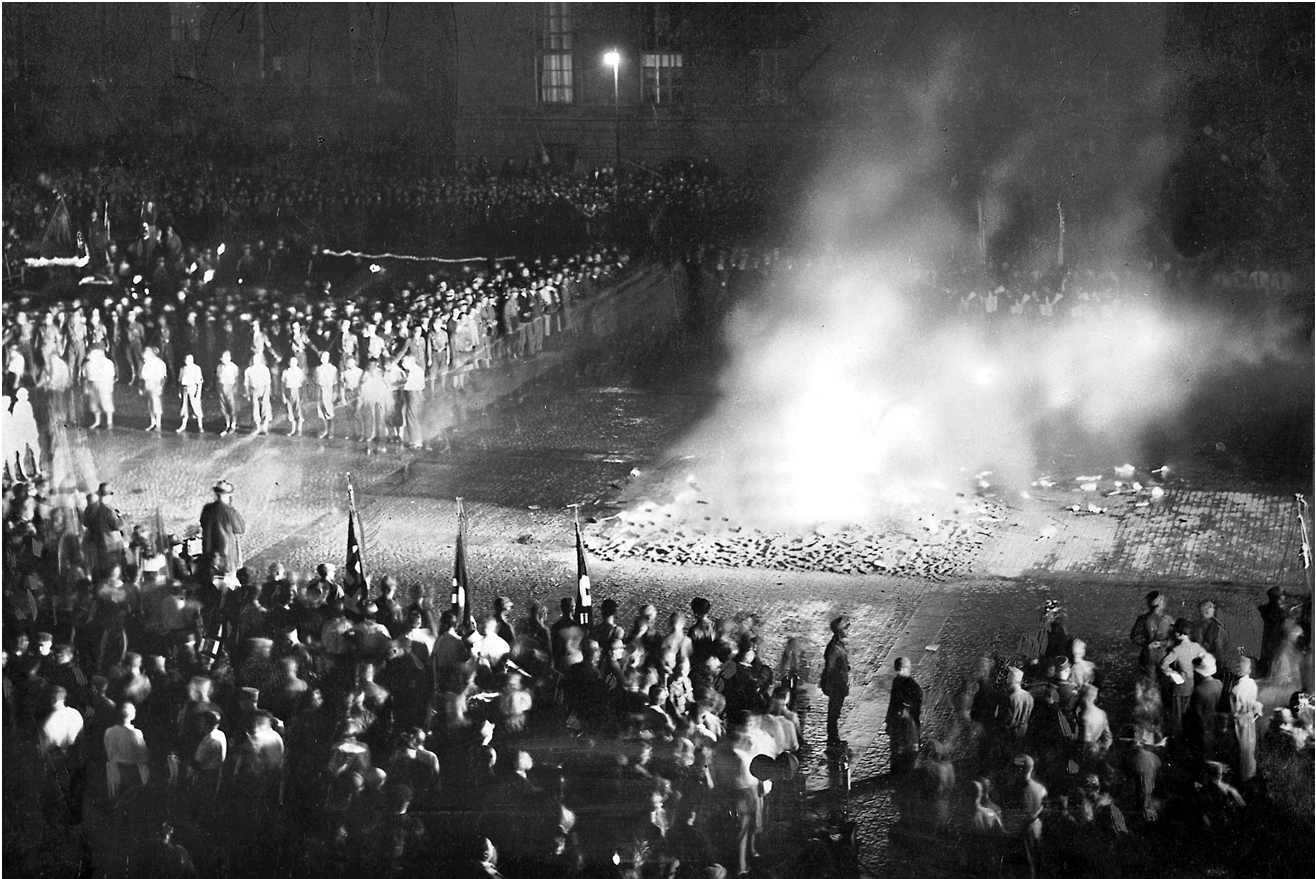
Â
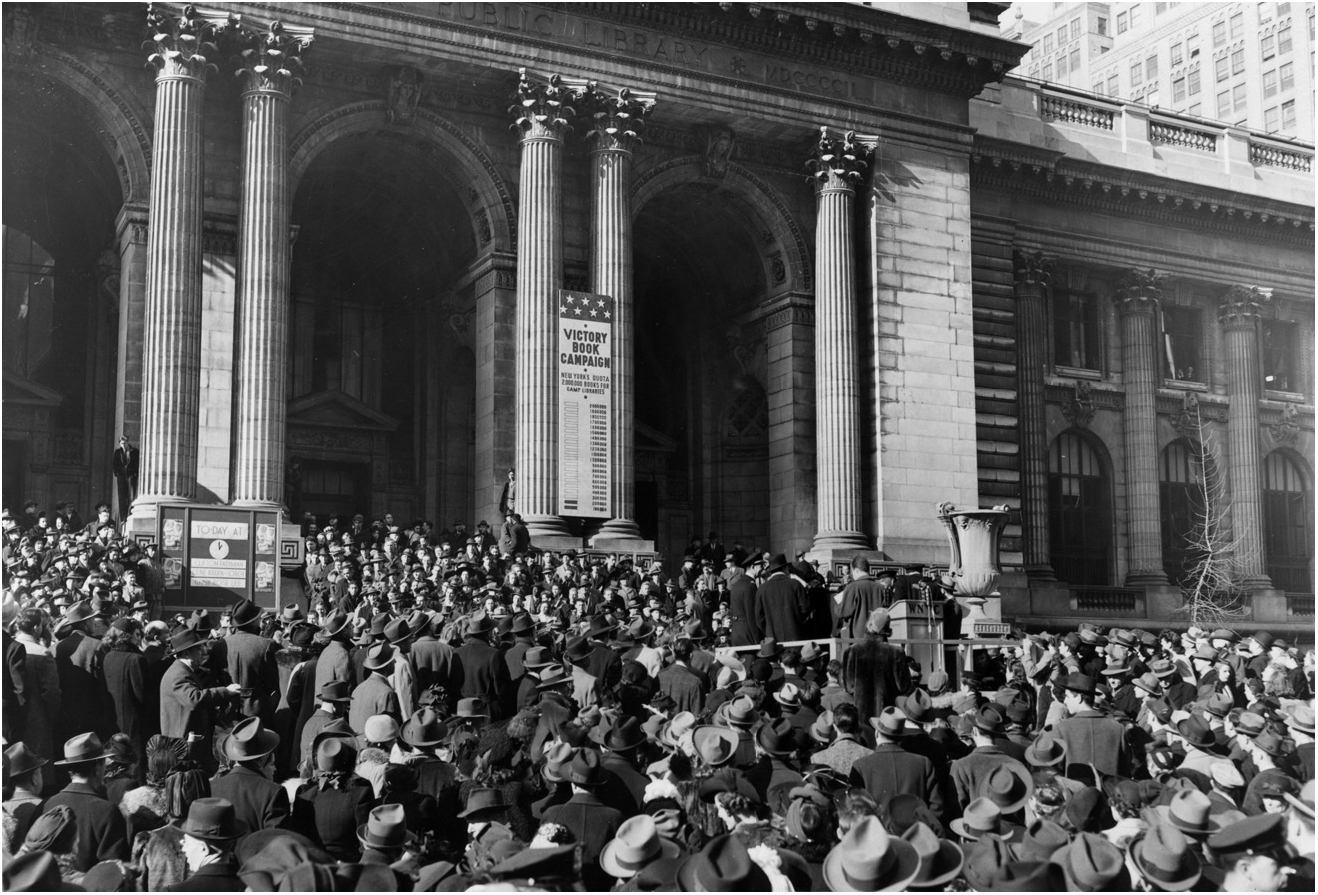
Â
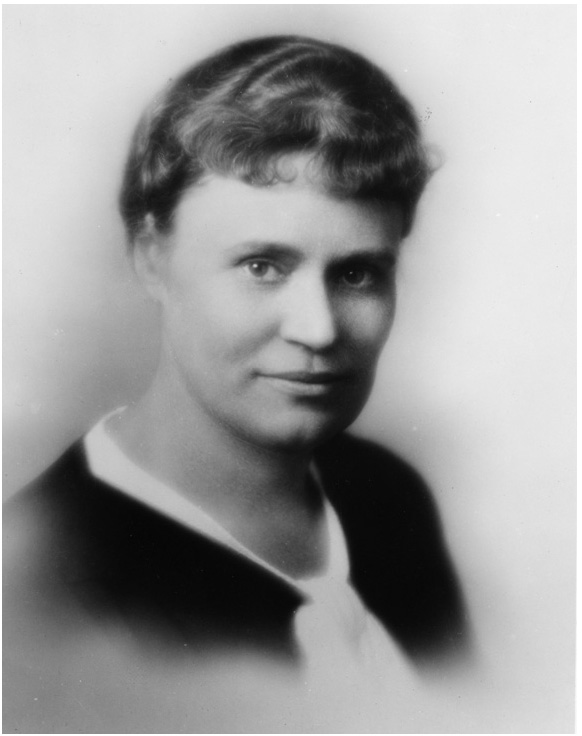
Â
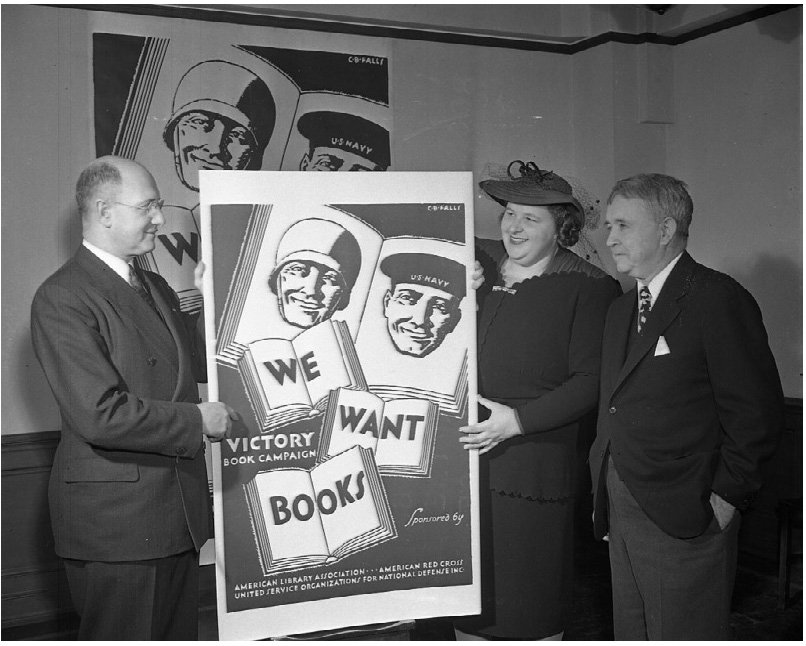
Â
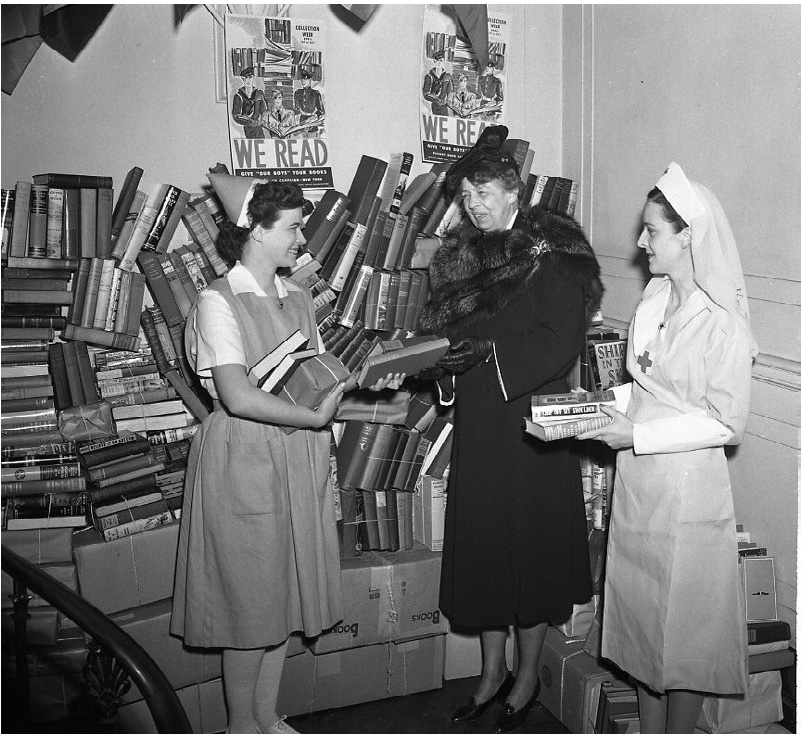
Â
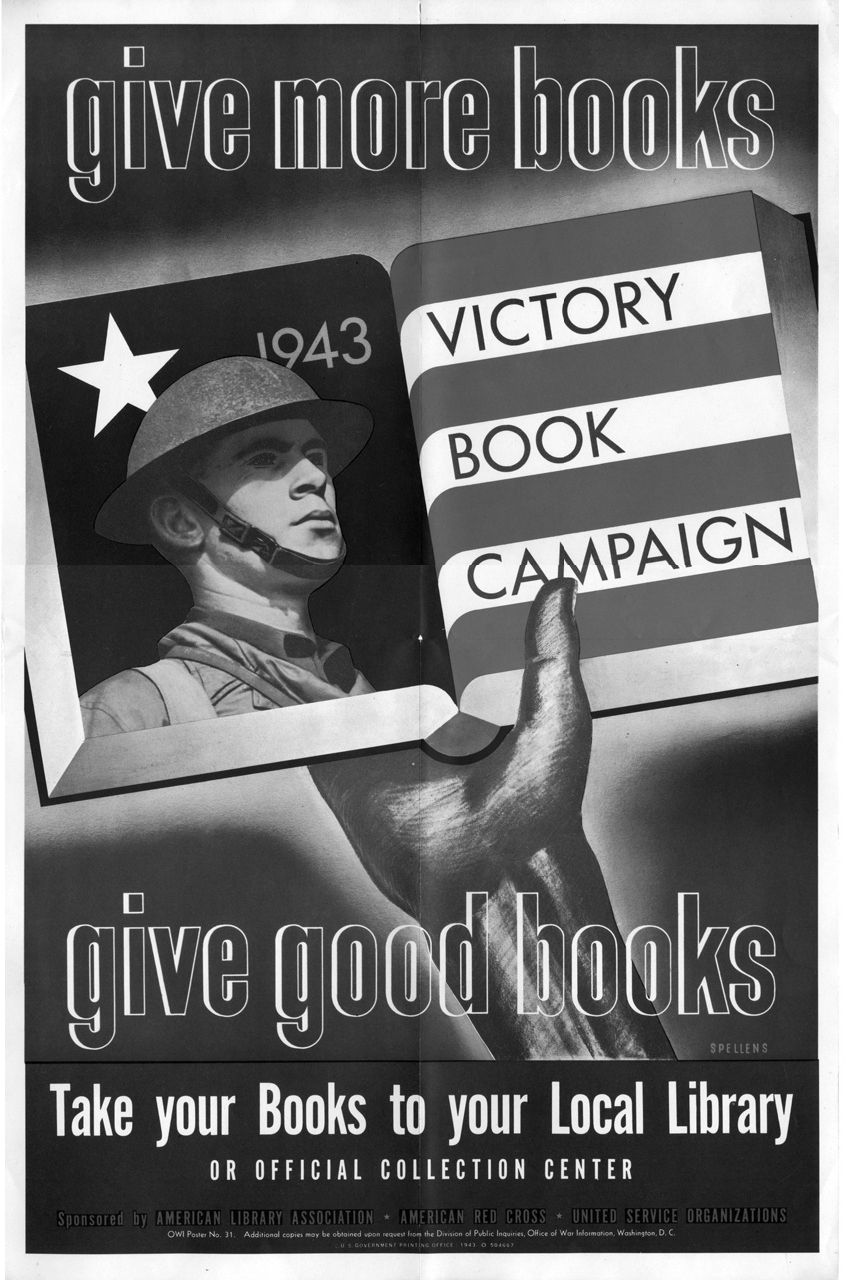
Â

Â
